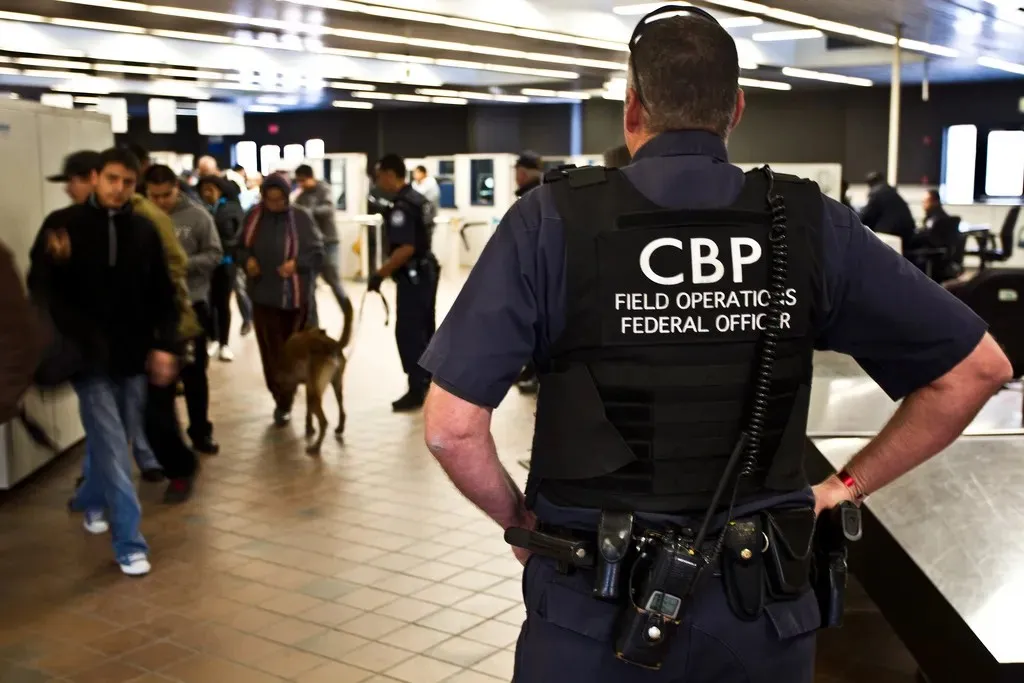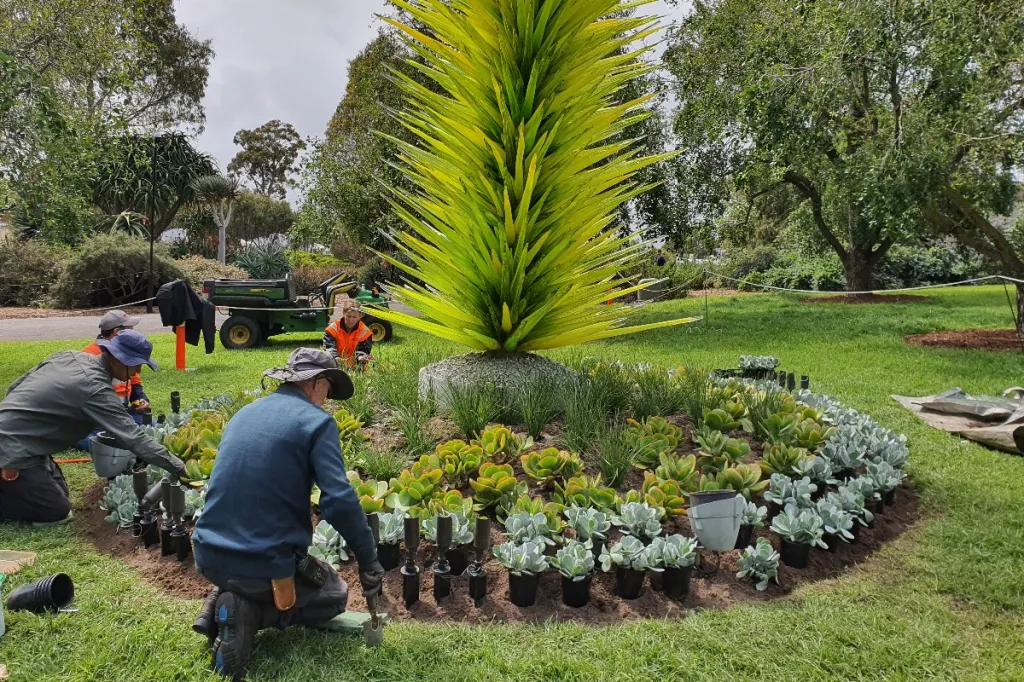Warning issued for Australian travellers after US border searches of phones and laptops

The Department of Foreign Affairs and Trade has issued a warning to Australian travellers to the United States as an increasing number of would-be visitors are being turned back at border control.
A French scientist was recently denied entry to the US after immigration officers found messages on his phone critical of President Donald Trump’s cuts to research programs.
American border officers said the messages “conveyed hatred of Trump” and could be construed as terrorism.
In another instance, a doctor was deported to Lebanon after US border officers found “sympathetic photos and videos” of Hezbollah leaders.
German and British citizens have also encountered problems at US airports, according to reports.
Germany and Britain have joined several European nations – including Denmark, Finland and France – in announcing travel advisories for the US recently. Canada has followed suit.
“The authorities in the US set and enforce entry rules strictly. You may be liable to arrest or detention if you break the rules,” Britain’s Foreign Office says in its most recent advice.
You might like
On Friday, DFAT, via its Smart Traveller advice services, posted on X saying: “Entry requirements to the USA are strict. US authorities have broad powers to decide if you’re eligible to enter.
“Officials may ask to inspect your electronic devices, emails, text messages or social media accounts. If you refuse, they can deny your entry,” it said.
Can my phone be searched?
According to US Customs and Border Protection (CBP), inspecting electronic devices crossing the US border “is integral to keeping America safe in an increasingly digital world”.
“All travellers crossing the United States border are subject to CBP inspection. On rare occasions, CBP officers may search a traveler’s mobile phone, computer, camera, or other electronic devices during the inspection process,” it says.
“These searches have been used to identify and combat terrorist activity, child pornography, drug smuggling, human smuggling, bulk cash smuggling, human trafficking, export control violations, intellectual property rights violations and visa fraud, among other violations.”
The CBP said border searches of electronic devices were often integral to determining “an individual’s intentions upon entry to the United States and thus provide additional information relevant to admissibility of foreign nationals under US immigration laws”.
Stay informed, daily
Despite its powers, the CBP maintains that the number of visitors asked to hand over the electronic devices is small.
“In fiscal year 2024, less than 0.01 percent of arriving international travellers encountered by CBP at a port of entry had their electronic devices searched,” it says.
Australian border officers have similar powers to search, but rarely, if ever, refuse entry based on these searches.
What happens if I refuse?
The American Civil Liberties Union says that travellers who refuse to hand over their device and password, and who are visiting on a visa and are not a citizen or permanent US resident, risk being denied entry.
Even if you are allowed entry, border officers may keep your device – in some cases, for months – if you refuse to unlock it for them.
The ACLU advises that immigration officers may undertake a basic on-the-spot search of devices, as well as download the full contents, including data.
Border officials can also retain a device for days or even months if there are “extenuating circumstances”.
What steps can I take before travelling?
While most travellers do not have information, images or data on their phones or laptops that would concern to US immigration, the ACLU still recommends keeping as little information as possible on your devices.
It even advises travellers consider opting for a cheap ‘travel-only’ phone, or shipping devices to the US in advance.
Travellers can also consider storing images and data in the cloud, rather than on their devices.
The ACLU advises people to use strong and unique passwords, and to shut down all devices before crossing into the US.
Also consider setting up new email accounts, use password managers and log out of apps such as social media.









